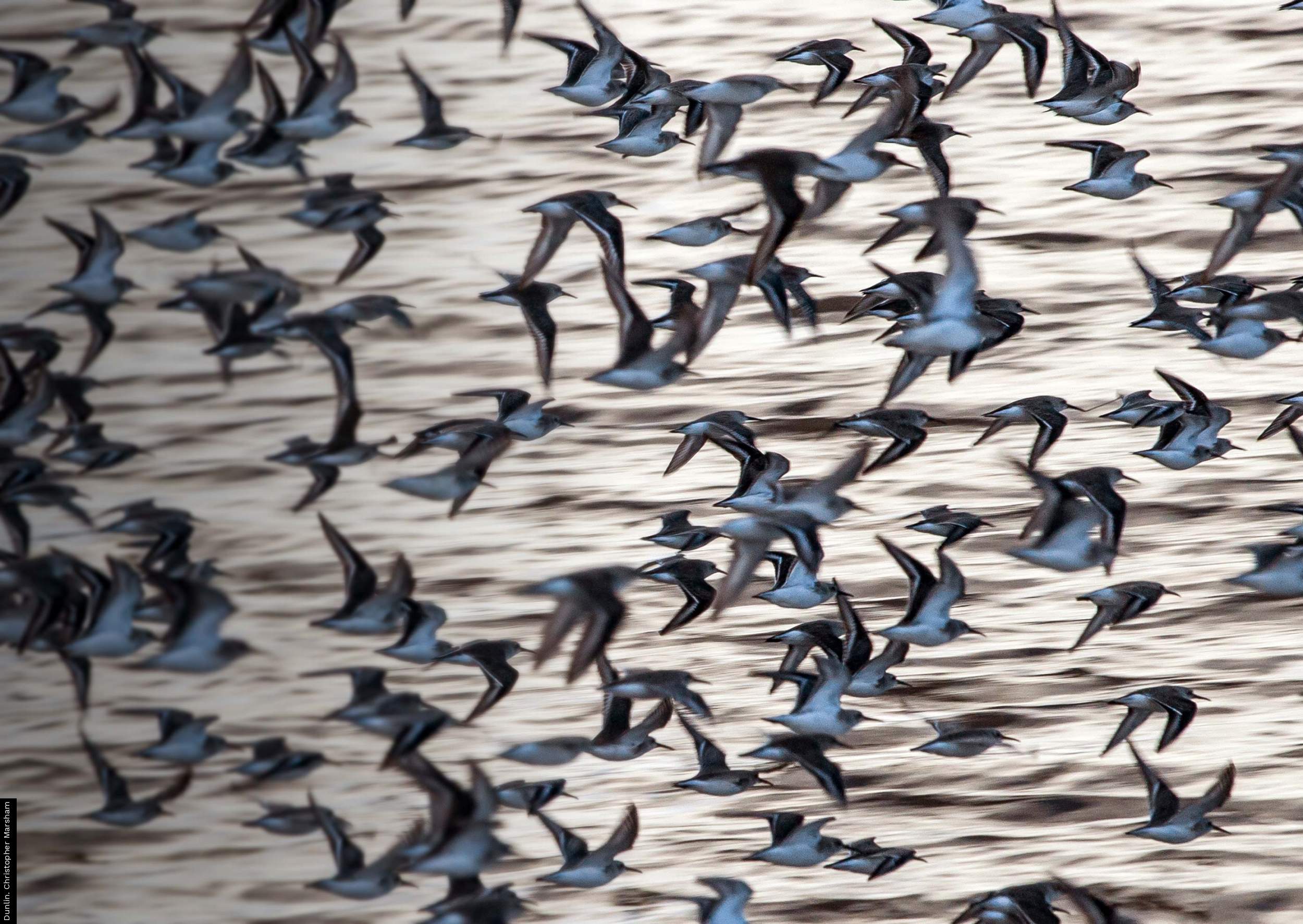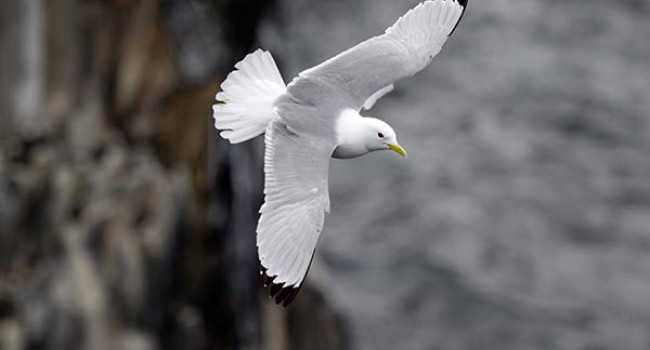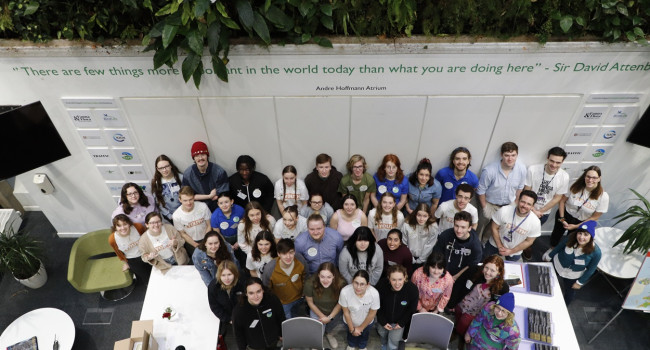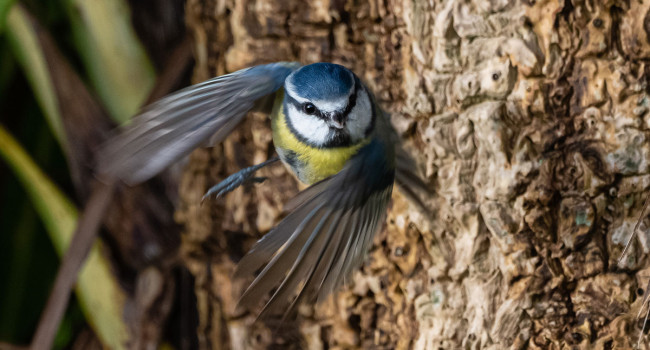Declining seabirds on a cliff edge
21 Dec 2023 | No. 2023-30
Globally important seabird colonies have suffered catastrophic impacts of avian influenza over the last two years. Now, newly published research led by the British Trust for Ornithology (BTO) suggests that the majority of seabird species in Britain and Ireland are also likely to suffer long-term impacts from climate change that may even surpass these recent losses.
The study, published today in the journal Marine Ecology Progress Series, projects that under a scenario of 2°C warming by 2050, some species such as Puffin, Fulmar and Arctic Tern could see population declines of more than 70% compared to their numbers at the turn of the millennium. The results suggest that marine specialist species, including terns, auks and petrels, are at greater risk than more generalist and adaptable species such as gulls. Some species may colonise new areas of Britain and Ireland, but for most species this is not likely to compensate for declines in areas where they currently breed.
The study found that seabirds are generally present in lower numbers where the air temperature is higher during the breeding season, although each seabird species responded in its own way to different aspects of the marine and terrestrial climate. However, it concludes that most seabird species in Britain and Ireland will struggle due to impacts from warming air and sea temperatures, as well as changes in rainfall patterns and other aspects of the marine environment. These changes could potentially reduce food availability for seabirds or increase the likelihood of death due to extreme weather events.
Dr Jacob Davies, BTO Research Ecologist and lead author of the study said: “Here in Britain and Ireland, we are fortunate to host internationally important breeding colonies of seabirds. Our research suggests that many of our much-loved seabird species such as the Kittiwake and Puffin are particularly sensitive to the negative effects of warming and are seriously threatened by climate change.”
“Alongside the potential negative future effects of climate change, many of our seabirds are already in steep decline, due to a range of factors including overfishing and avian influenza. The better we understand the problems these iconic species face and how birds may respond to them, the better placed we will be to help them.”
Dr Rich Howells, Senior Marine Ornithologist, Marine Directorate, Scottish Government, who co-authored the study said: “Climate change is the greatest threat to our internationally important seabird populations. This study provides important information on potential climate change impacts over the long-term, which can be used to inform our conservation actions to increase resilience in seabird populations.”
This paper is available at https://www.int-res.com/prepress/m14462.html
The work was part of the MarPAMM project, funded by the European Union’s INTERREG VA programme and managed by the Special EU Programmes Body.
Marine Directorate is responsible for the integrated management of Scotland's seas. Its purpose is to manage Scotland's seas for prosperity and environmental sustainability, working closely with our key delivery partners and others.






Share this page